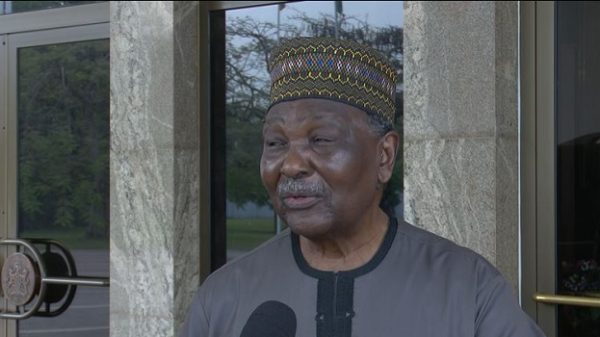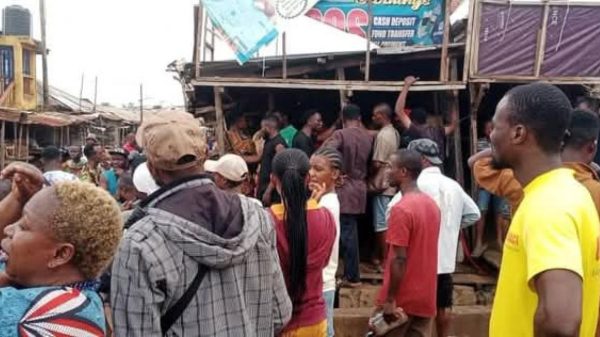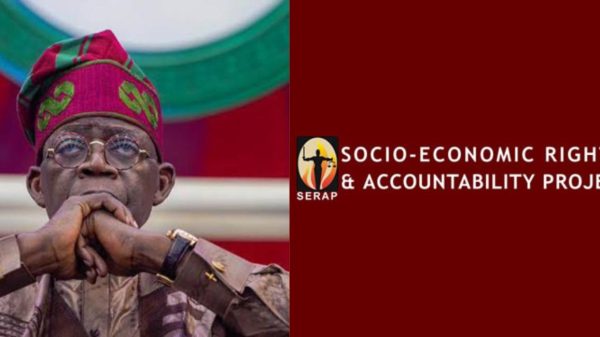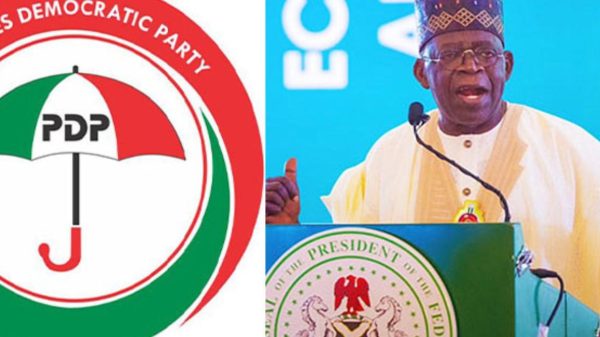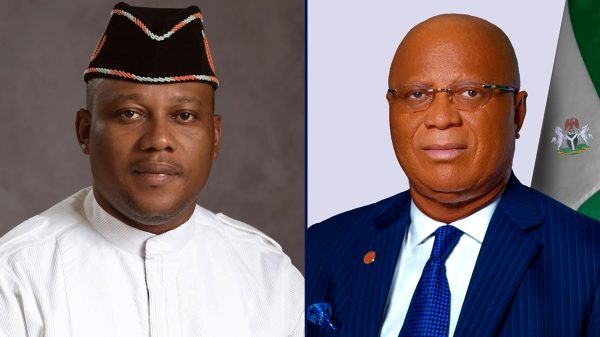U.S. prosecutors have opposed a motion by President-elect Donald Trump’s legal team to dismiss his conviction on 34 felony counts of falsifying business records. The charges are tied to a hush money payment made to adult film star Stormy Daniels during the 2016 presidential campaign.
Trump, convicted in May 2024, is scheduled for sentencing on November 26, but his lawyers argue that continuing the proceedings violates constitutional protections for a president-elect. “To require President Trump to address further criminal proceedings at this point would not only violate the federal Constitution but also disrupt the Presidential transition process,” his attorneys stated in court documents.
Prosecutors, however, assert that presidential immunity does not apply to Trump’s case, as the offenses occurred before his election and pertain to private conduct. They suggested delaying sentencing until Trump leaves office in 2029 to avoid disrupting his presidency.
The case has raised complex legal questions about presidential immunity and accountability. Trump’s defense team has requested several delays since his conviction, citing the need to resolve constitutional arguments and prepare for appeals.
The charges stem from payments made to Daniels, whose real name is Stephanie Clifford, to keep her from speaking publicly about an alleged affair with Trump—a claim he has denied. Michael Cohen, Trump’s former attorney, paid Daniels $130,000 shortly before the 2016 election. Cohen was later reimbursed through monthly checks from the Trump Organization, logged as legal fees, which prosecutors say constituted falsified business records.
In earlier proceedings, Judge Juan Merchan postponed Trump’s sentencing from September to November to allow his legal team more time to prepare. The upcoming sentencing is significant as it marks the first instance of a U.S. president facing criminal sentencing.
Trump has pleaded not guilty to all charges and maintains his innocence, denying the affair and any wrongdoing in the case. The court is expected to decide soon whether sentencing will proceed as planned or be deferred.



